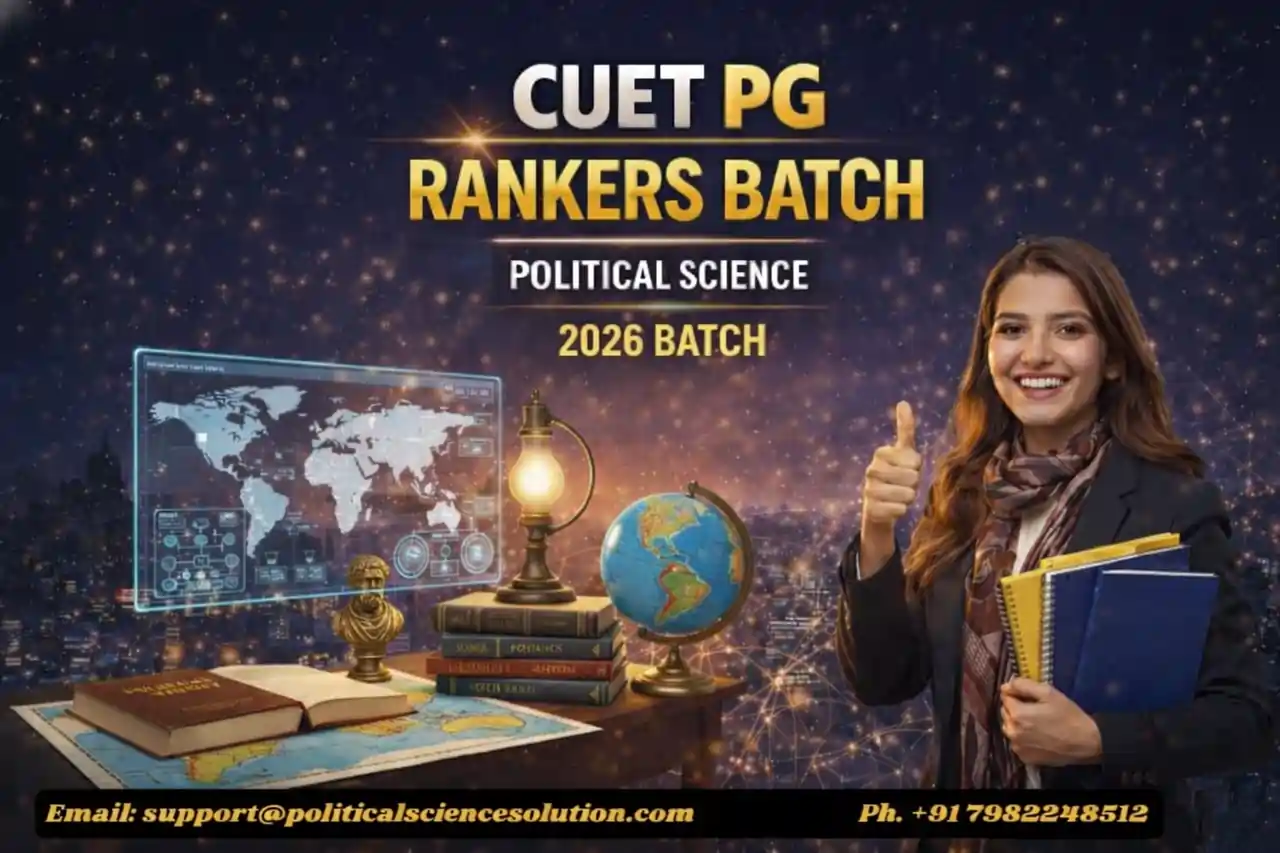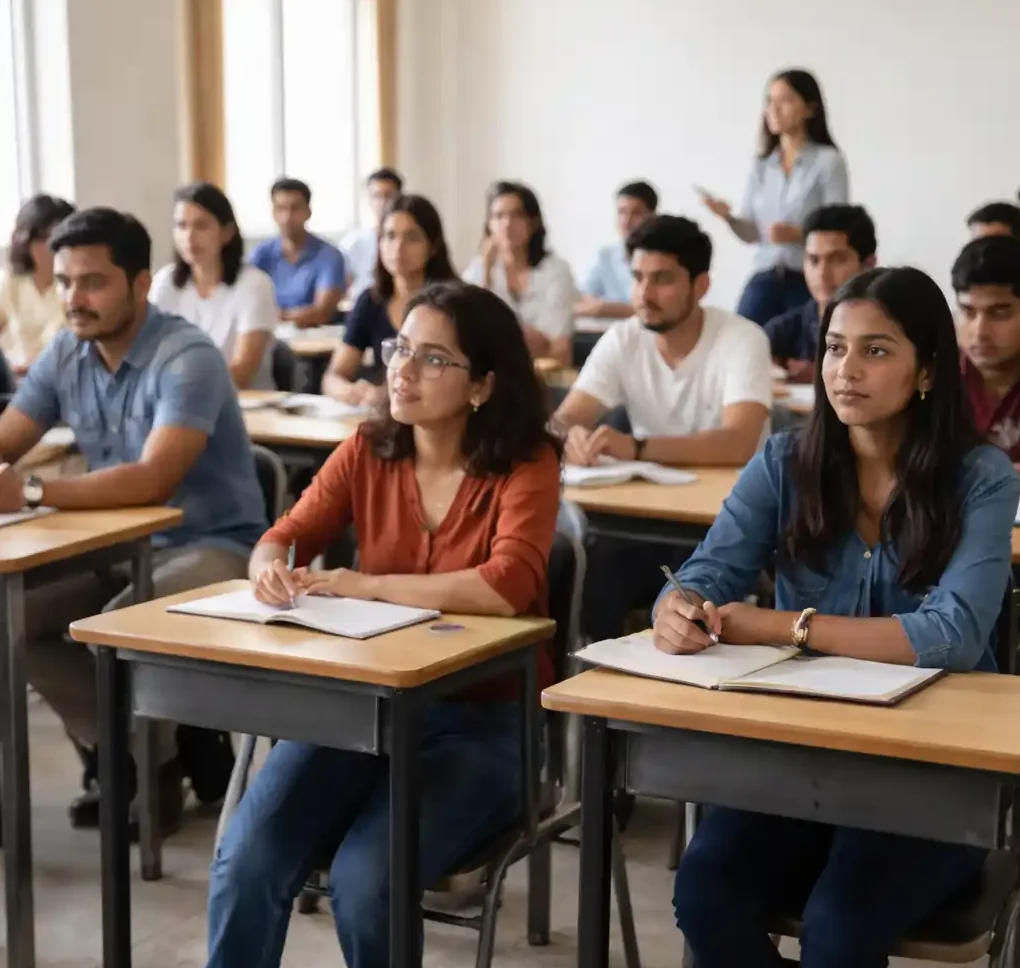Join or social media
For even more exclusive content!
🔥 Live Batches for 2026
UGC NET Result June 2025 – Political Science Solution Toppers
Your Complete Political Science Learning Hub
UGC NET Political Science
CUET PG Political Science
CUET UG Political Science
College Study Material
Class 11th Political Science Notes












